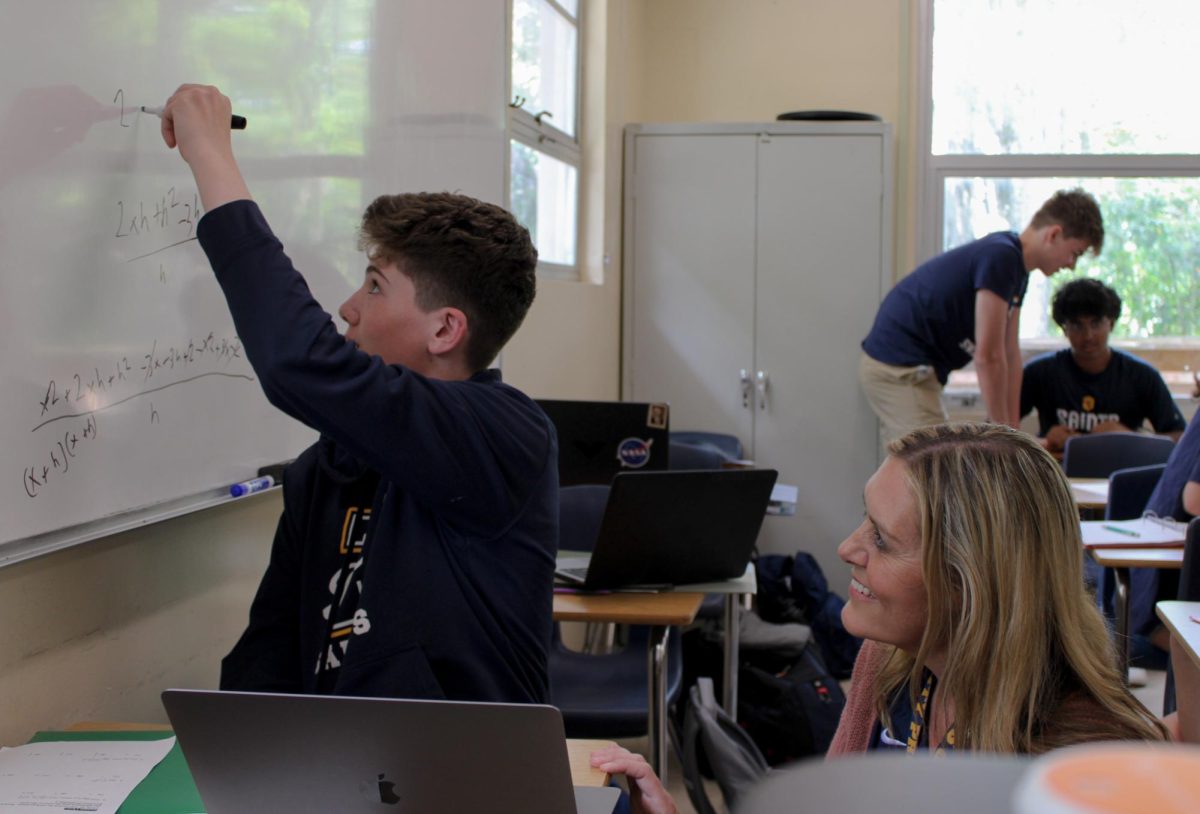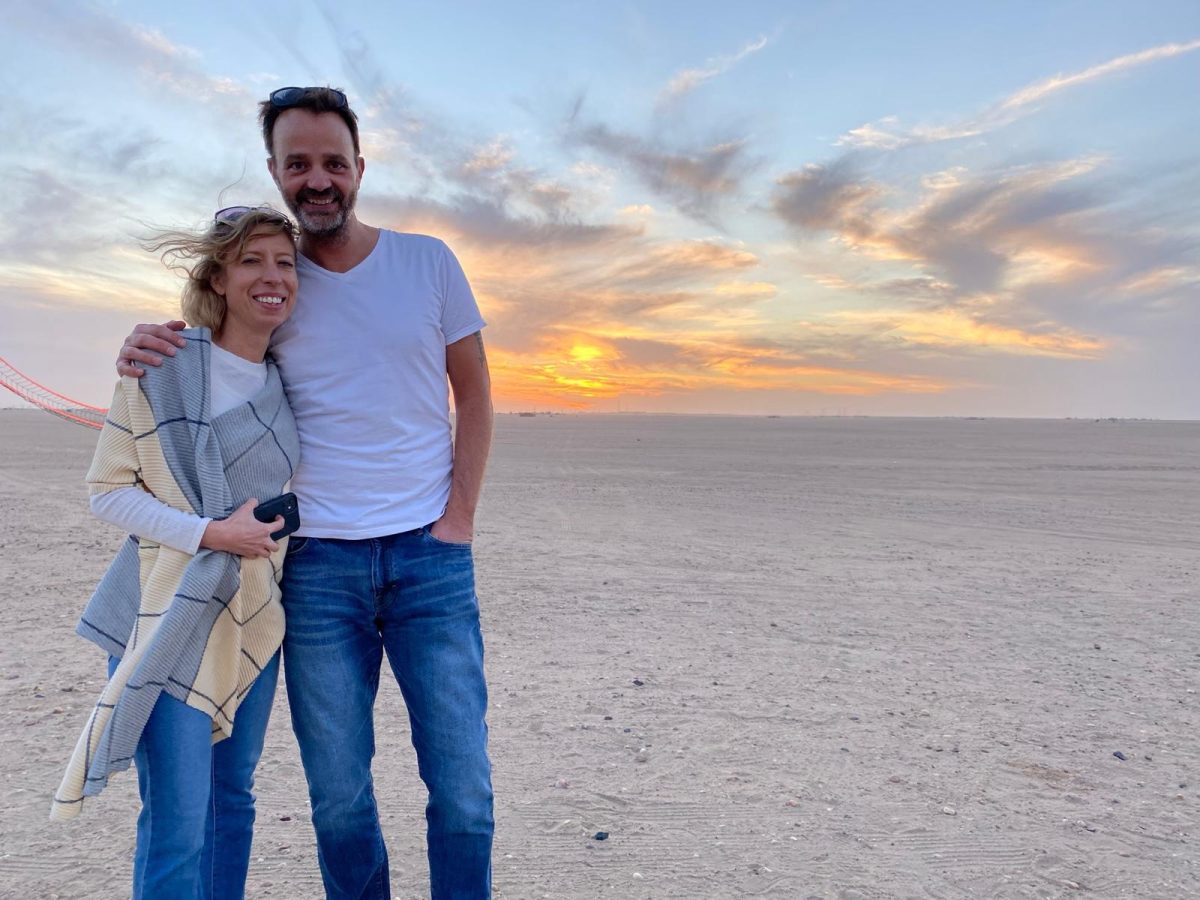We’ve all heard the saying. It seems like everyday adults are berating today’s youth for their inability to keep up with the current events going on around them. The stereotype of “living under a rock” has been replaced with “playing video games too much” or “never getting off social media.” But the question is—just how true are these statements?
“It is shocking to me, but there are exceptions, how unaware most students are to current global news events,” history teacher William Milsten said. “Facebook and the Daily Show cannot be substituted for serious reading if one wants to be a global citizen.”
In light of recent phenomena such as the renewed quasi-crisis with North Korea and the deaths of David Bowie and Alan Rickman, it was time to delve into the average student’s knowledge of current events.
An April 2015 Pew Research Center survey entitled “What the Public Knows—In Pictures, Words, Maps and Graphs” asked 12 questions to the general public based off of charts, maps, graphs and photos. The survey participants were split into four groups based on age; with the youngest being Millenials aged 18 to 34.
While some questions, such as identifying a photo of Martin Luther King, was aced by nearly every (96%) Millenial, only 69% of Millenials could correctly answer the question of which country the United States recently re-established relations (Cuba). In addition, only 45% could identify Pope Francis’ home country, Argentina, on a map, and just 58% could identify Malala Yousafzai, the 2014 Nobel Peace Prize winner.
With all that information behind, the Trinity Voice formulated two questions the staff thought most students would or should know:
1. Are you aware that North Korea recently claimed to have made a hydrogen bomb?
2. Are you aware that David Bowie died?
Using electronic and face-to-face polling, he Voice asked 61 combined middle and high school students these two questions. While most stood up to the test and passed with flying colors, there were a few blank faces and answers of, “David Bowie? Who’s that?”
When it came to North Korea, 53 (86.9%) of the 61 students polled were fully aware of the new escalated tensions. Many groups gave a unanimous “Yes,” with some knowing the answer without hearing the whole question.
In David Bowie’s situation, the number of students who had heard of his passing was about the same as the first question. 55 (90.2%) of the 61 students were well aware of his death. In more than one instance, a student recollected their favorite song and stated how sad they were that he is now gone.
Now it’s time for the negative results. Although most students did know that
David Bowie passed, 11 (18%) students did not know who he was. One of the eight students who was unaware of the North Korea situation explained that since she did not read the news, she was poor on her knowledge of current events.
This brings us to the next question: How “current” should students try to be with global news? Another 2012 Pew survey found that of people under age 25, 29% had not read or seen any news the previous day. While the average 18-29 year old spent 45 minutes per day getting news, the average 30-39 spent 62 minutes, and people aged 65+ spent 83 minutes.
“[You should read] every day,” Milsten said. “At least glance through the papers. Read what you can but glance through the rest. Hit the Sunday papers hard.”
In modern times, the number of news sources has grown exponentially. Websites like Fox News, CNN, MSNBC and BBC offer to the minute tidings on world events, with most having different sections to indicate different parts of the world. Milsten recommended for students to read sources with ideas opposite of their own in order to broaden their horizons.
“You cannot pretend you are well read or up to date with what’s happening in the world if all of your news comes from sites that make you feel comfortable because they agree with your preconceptions,” Milsten said.
With that being said, the growing expectation for students to be “in the know” is attainable. Hopefully, the slacker student stereotype will be left behind with the sands of time.















